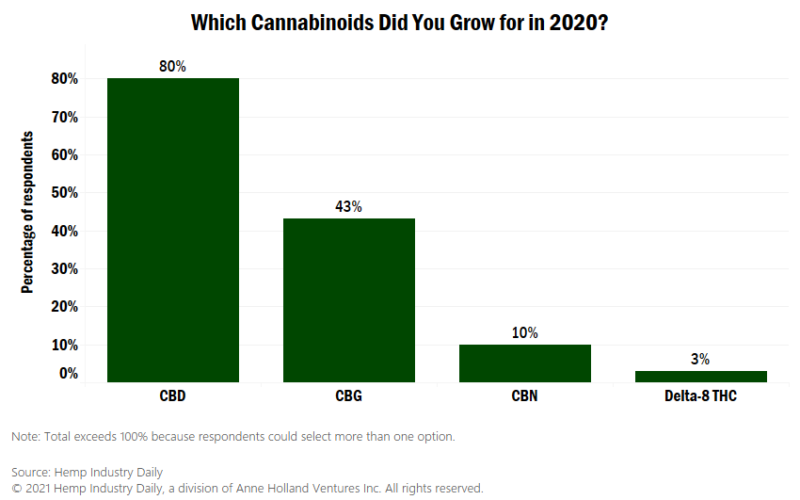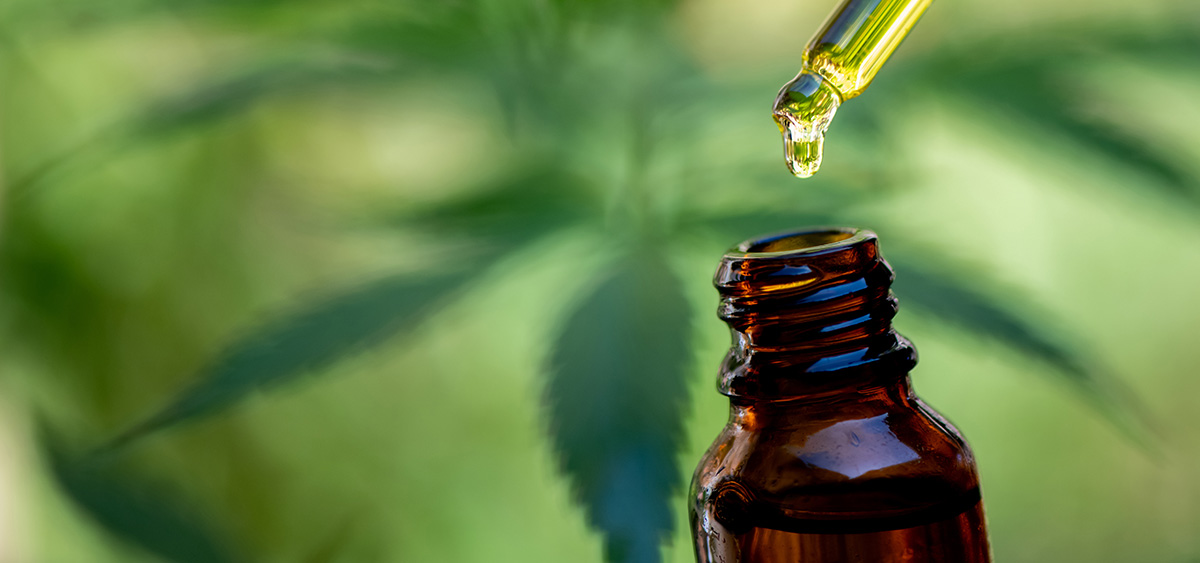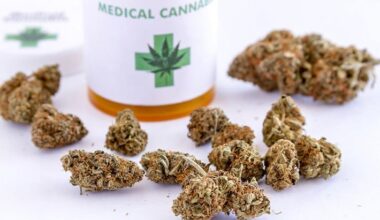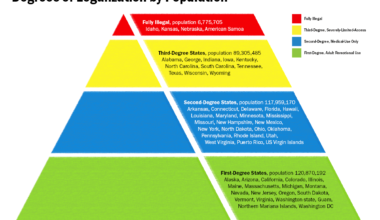[ad_1]

The entire cannabis industry is buzzing about delta-8 THC and other cannabinoids found rarely in the plant but gaining favor among growers and consumers.
Indeed, there has been a noticeable shift toward so-called novel cannabinoids among hemp producers surveyed by Hemp Industry Daily.
But CBD still rules the roost.
Cannabidiol, by far, continues to be the cannabinoid most growers strive to produce.
But one of the lesser-known cannabinoids, CBG, is gaining prominence. In 2019, 19% of hemp grown for cannabinoid extraction was for CBG; in 2020, that number grew to 43%. The percentage of hemp grown for CBD dropped from 96% in 2019 to 80% in 2020.
The shift is likely stems from due in part to growing research and public interest in the novel cannabinoids, even though CBD is still the most profitable cannabinoid in the hemp market.
Hemp cultivated for CBN remained nearly the same from 2019 to 2020, at 10% and 12%, respectively.
About 3% of growers were cultivating hemp for delta-8 THC, a category that has only gained traction only over the past last year.
Hemp processors have been buying up excess flower and distillate on the market to make delta-8 THC, an edible and smokable extract that has become popular among consumers.
The market for delta-8 THC has helped both growers and extractors keep their doors open as the industry struggles with low wholesale prices due to an oversupply of hemp on the market and regulatory uncertainty, which have caused a bottleneck for CBD brands.
However, the product’s legality may depend on whether it is made synthetically or derived organically.
Read more about the race to find stable THC-V genetics here.
Find more exclusive intelligence about the hemp industry in the Hemp & CBD Industry Factbook 2021 Edition, on sale here.
[ad_2]
Source link
Medical Disclaimer:
The information provided in these blog posts is intended for general informational and educational purposes only. It is not a substitute for professional medical advice, diagnosis, or treatment. Always seek the advice of your physician or other qualified healthcare provider with any questions you may have regarding a medical condition. The use of any information provided in these blog posts is solely at your own risk. The authors and the website do not recommend or endorse any specific products, treatments, or procedures mentioned. Reliance on any information in these blog posts is solely at your own discretion.







